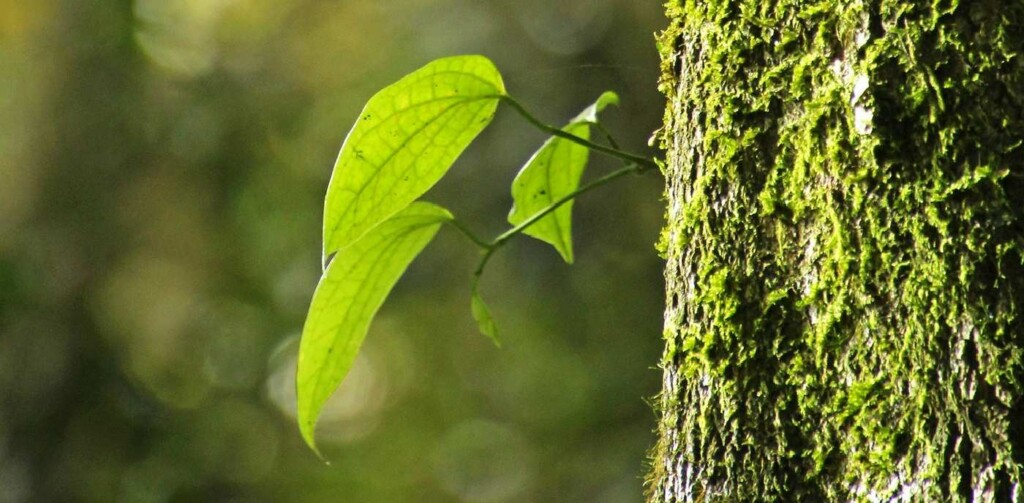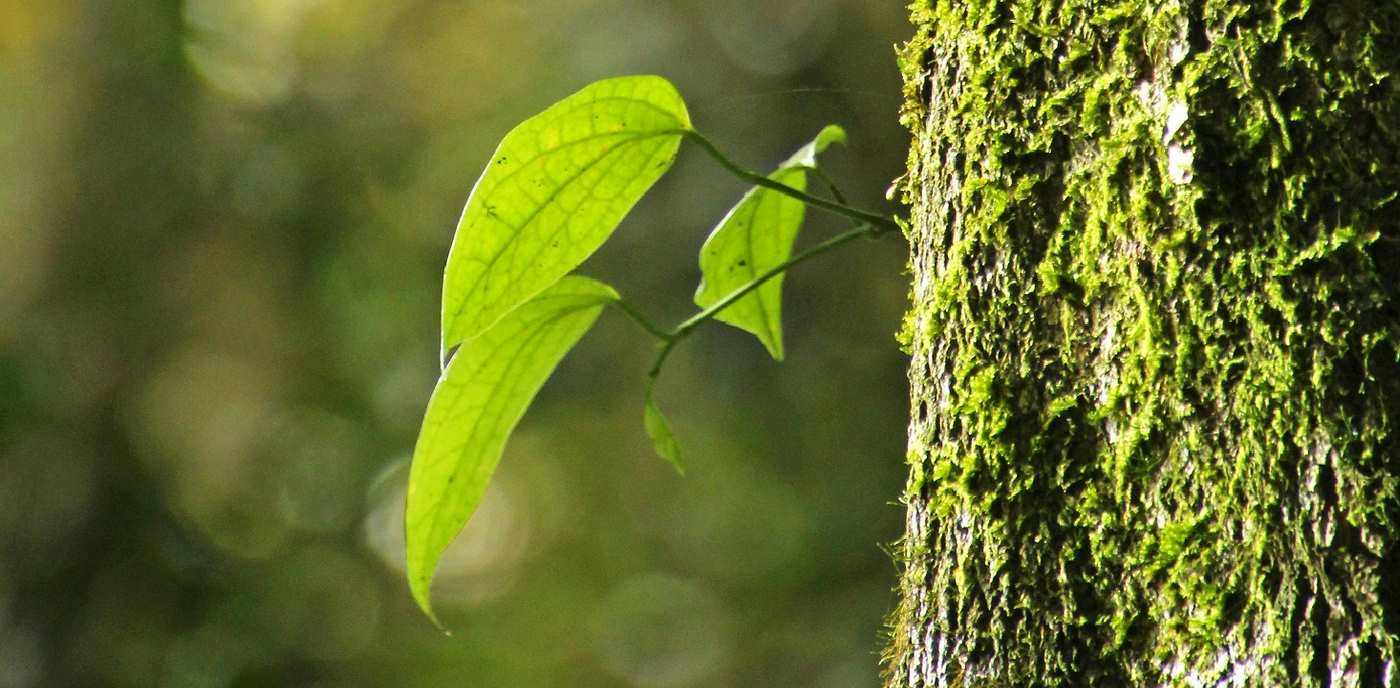
A surprise discovery from the University of Birmingham shows that we may be significantly underestimating the potential of trees to regulate the variables of climate change.
That’s because they found microbes living inside trees’ bark absorb the greenhouse gas methane about as significantly as microbes living in the soil.
It’s long been thought that soil is the only effective terrestrial methane sink, as certain microorganisms use methane as a food source, but similar creatures live under a tree’s layer of bark, meaning that not only do our woody cousins withdraw CO2 from the atmosphere and store it in their roots, but also remove methane as well, about as effectively or perhaps more so than soil.
Methane is a potent greenhouse gas for the few short years it exists in the atmosphere before degrading.
Professor Vincent Gauci of U. Birmingham led the study, published in the journal Nature.
In the study, the researchers investigated upland tropical, temperate, and boreal forest trees. Specifically, they took measurements spanning tropical forests in the Amazon and Panama; temperate broadleaf trees in the UK; and boreal coniferous forests in Sweden.
The methane absorption was strongest in the tropical forests, probably because microbes thrive in the warm wet conditions found there. On average the newly discovered methane absorption adds around 10% to the climate benefit that temperate and tropical trees provide.
By studying methane exchange between the atmosphere and the tree bark at multiple heights, the researchers were able to show that while at soil level the trees were likely to emit a small amount of methane, from a couple of meters up the direction of exchange switches and methane from the atmosphere is consumed.
MORE GLOBAL WARMING SURPRISES: Full Recovery for Coral Reef Within 4 Years – The Speed of Restoration They Saw was ‘Incredible’
In addition, the team used laser scanning methods to quantify the overall global forest tree bark surface area, with preliminary calculations indicating that the total global contribution of trees is between 24.6-49.9 Tg (millions of tonnes) of methane. This fills a big gap in understanding the global sources and sinks of methane.
“Tree woody surfaces add a third dimension to the way life on Earth interacts with the atmosphere, and this third dimension is teeming with life, and with surprises,” said co-author Yadvinder Malhi of the University of Oxford.
ALSO CHECK OUT: Five Top Headlines that Showcase the World’s Progress in the Climate Fight
It’s not the first time scientists have made estimations regarding climate change and come up incorrect in the wrong way. Climate scientists in the Netherlands recently found that previous estimates about how much plastic entered the oceans over the last 20 years are probably exaggerated by three thousand percent.
Trees Had An Ace Up Their Bark This Whole Time, SHARE The Story With Your Friends…




















